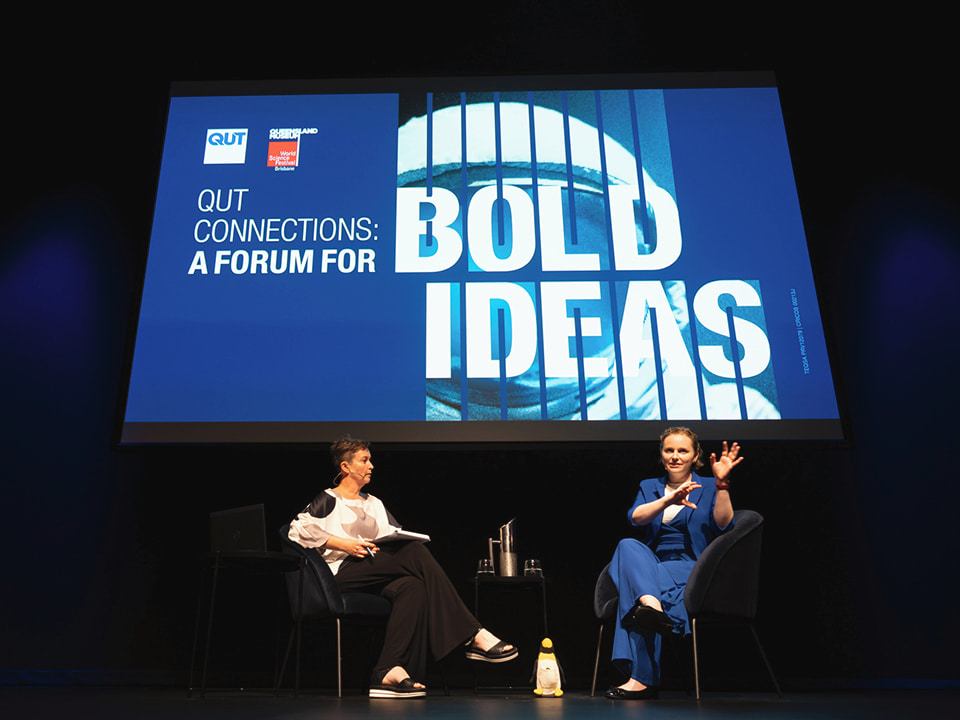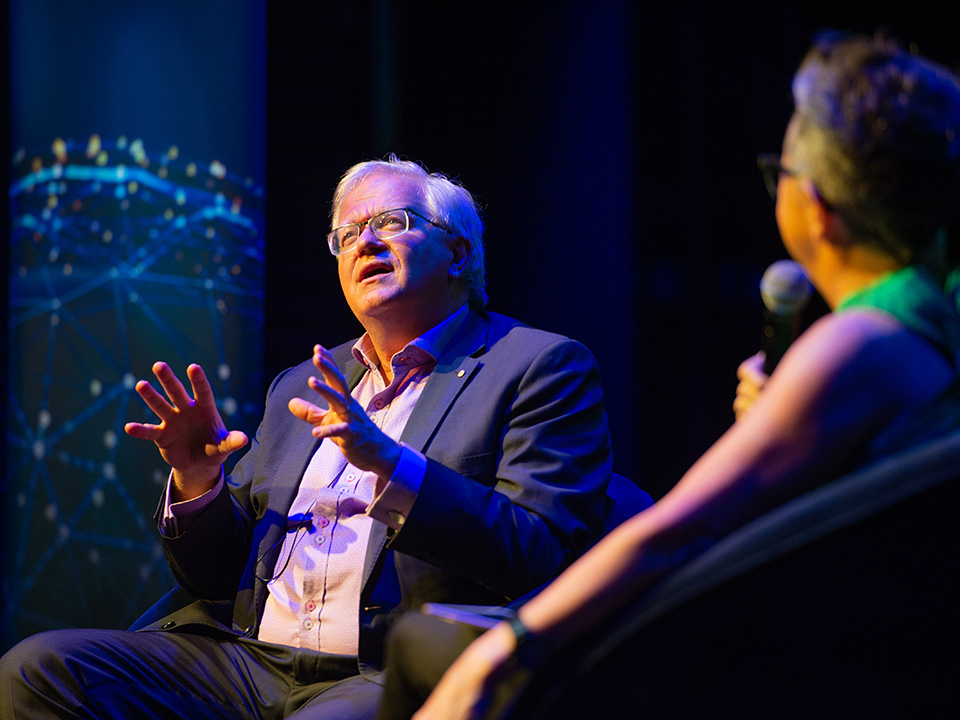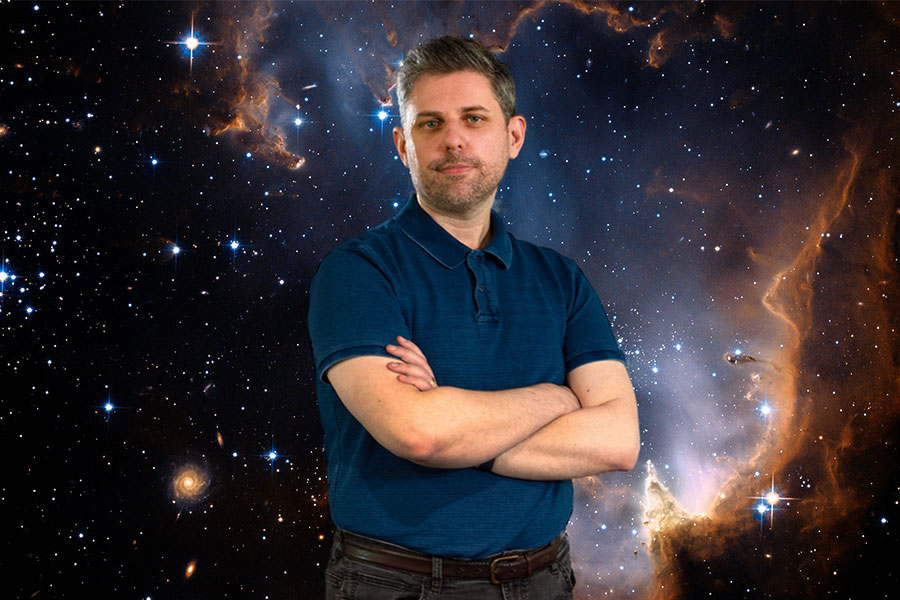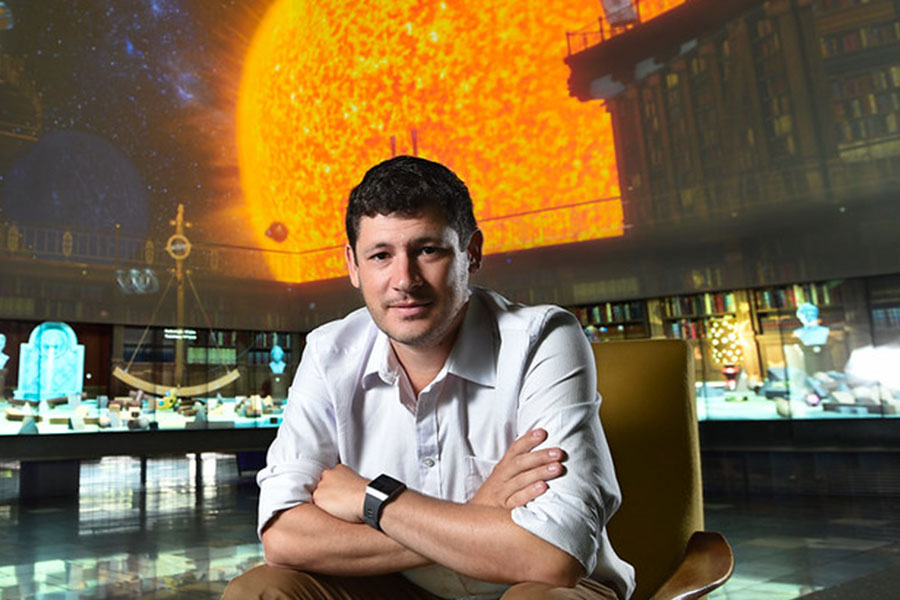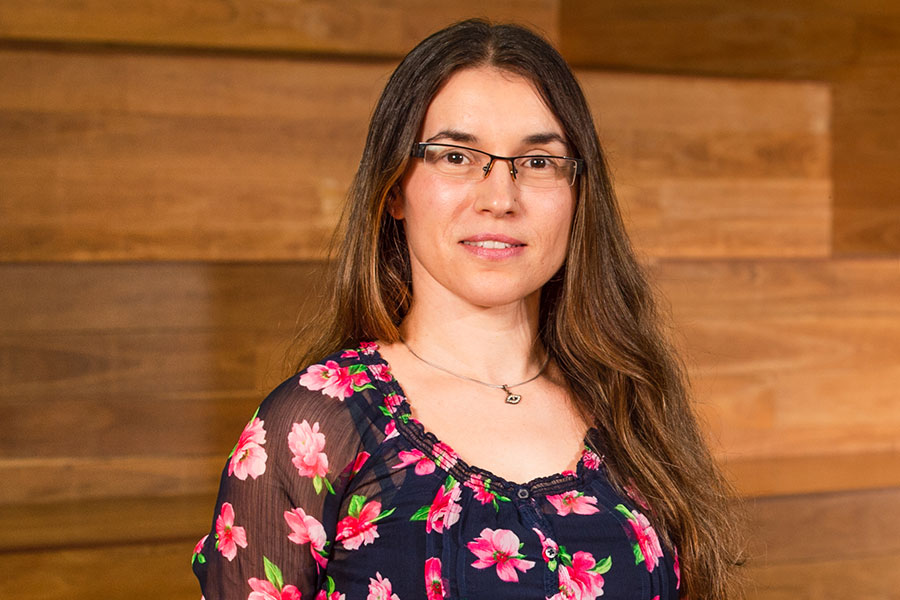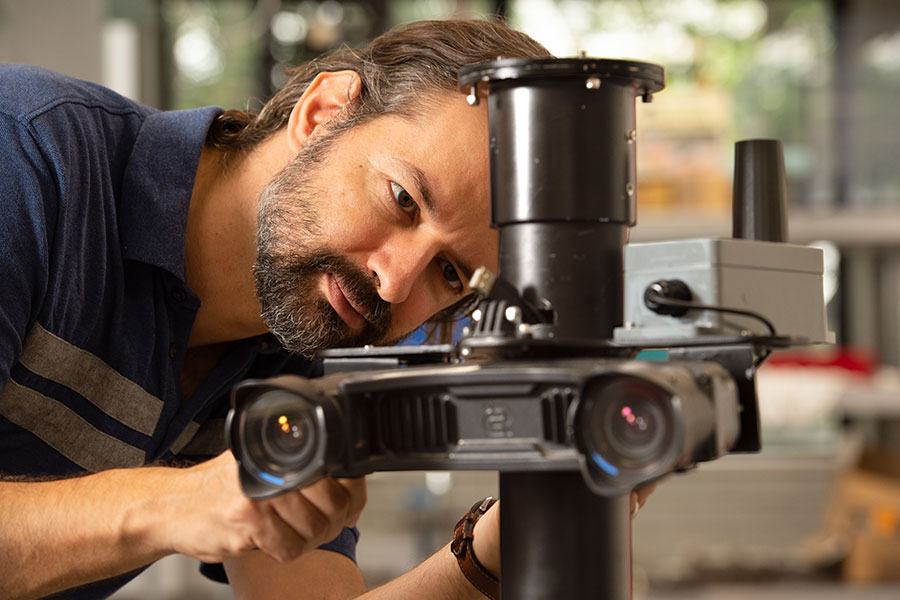The infinite awe of robotics
Sixteen years ago, the dream was 'a robot in every home'. Today, with remarkable advances in artificial intelligence, humanoid robots, and autonomous vehicles, that vision feels closer than ever. Robots now sense, understand, and reason about their surroundings better than ever before. In the USA, robot cars complete hundreds of thousands of rides for paying customers every week. Humanoid robots can jump, flip, and even (slowly) attempt the dishes. But what does it take to integrate robots into society in ways that truly help rather than hinder? What pitfalls must we avoid? And what might a world with billions of robots in homes and workplaces actually look like?
Join Dr Sue Keay and Professor Michael Milford for a deep dive into this fascinating field as they explore the future of robotics and tackle your burning questions. Hear the latest expert insights on autonomous vehicle systems, AI, and robotics.
Details
Location
Meet Dr Sue Keay
Dr Sue Keay is an influential figure in robotics and AI, acknowledged as one of Queensland's most impactful leaders. She is the director of the UNSW AI Institute and holds roles as founder and chair of Robotics Australia Group, an adjunct professor at QUT Centre for Robotics, and serves on various advisory boards, including Australia's National Robotics Strategy. Known for championing diversity in technology, Sue has been recognised globally for her contributions to robotics and automation. Her expertise helps organisations navigate technological change with a people-first approach, prioritising integrity and impactful innovation in digital transformation.
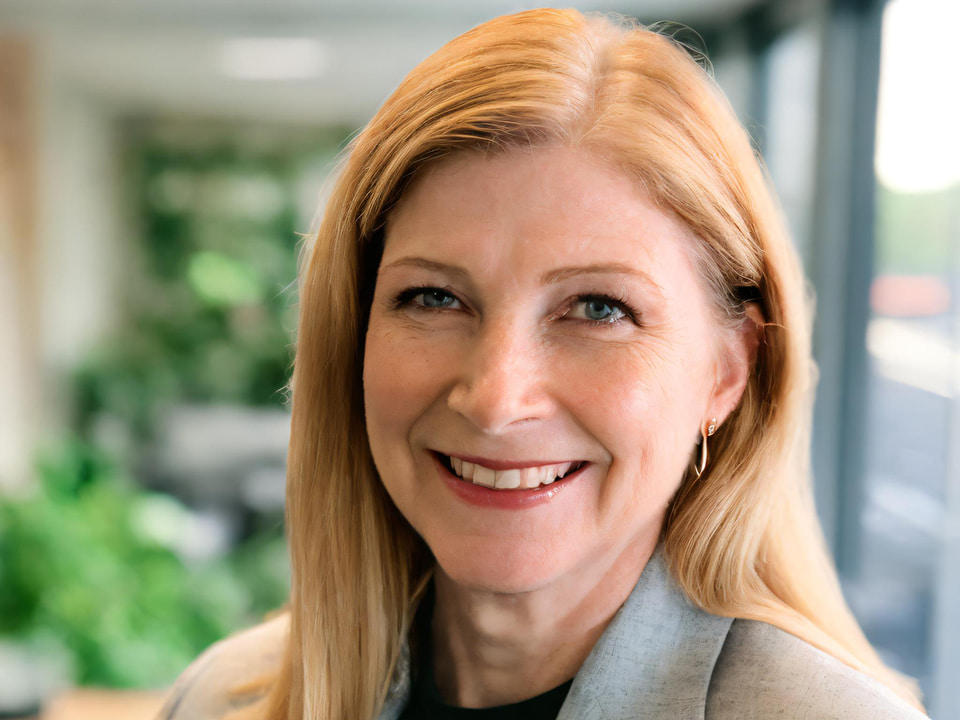
Meet Professor Michael Milford
Professor Michael Milford is a leader in robotics research, serving as Director of the QUT Centre for Robotics and an ARC Laureate Fellow. Recognised as an expert in autonomous vehicle systems, AI, and robotics, he blends insights from neuroscience, robotics, and computer vision to innovate positioning technologies for autonomous systems. With a career spanning collaborations with prominent institutions like Harvard, MIT, and NASA’s Jet Propulsion Laboratory, Michael is also a dedicated educational entrepreneur, creating STEM resources for a global audience through his company, Math Thrills.

Moderated by Professor Marek Kowalkiewicz
Professor Marek Kowalkiewicz is the Chair in Digital Economy at QUT Business School. Listed among the Top 100 Global Thought Leaders in AI by thinkers360, Marek has led global innovation teams in Silicon Valley, was a Global Research Program Lead and Founding Research Manager of SAP's Machine Learning lab in Singapore, and a Research Fellow at Microsoft Research Asia. His newest book 'The Economy of Algorithms: AI and the Rise of the Digital Minions' is a winner of Australian Business Book Awards (Technology) 2024.
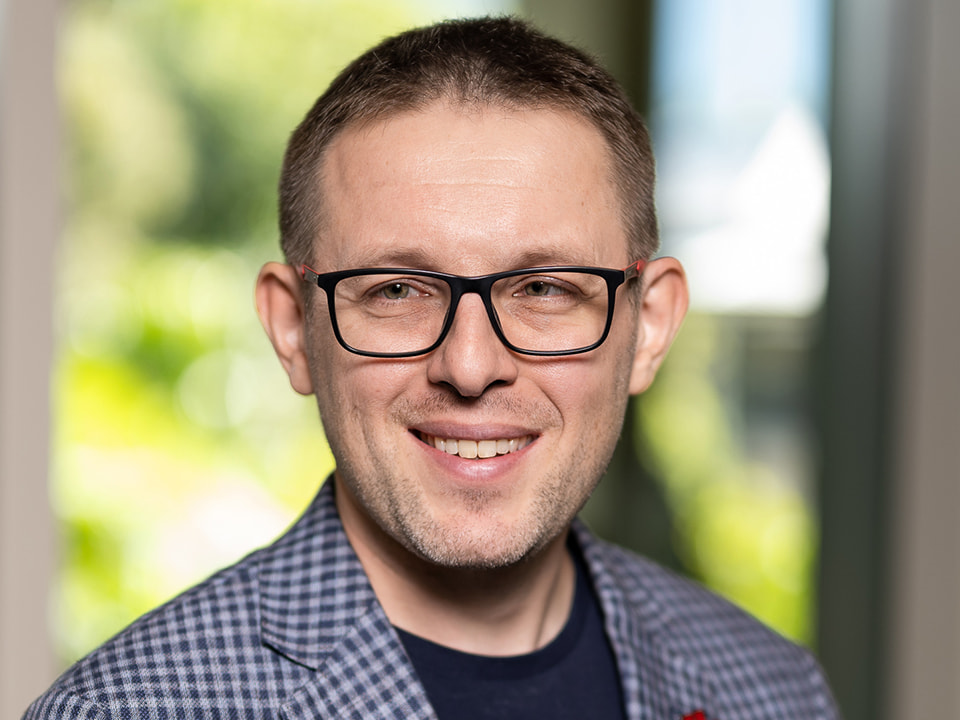
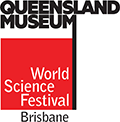
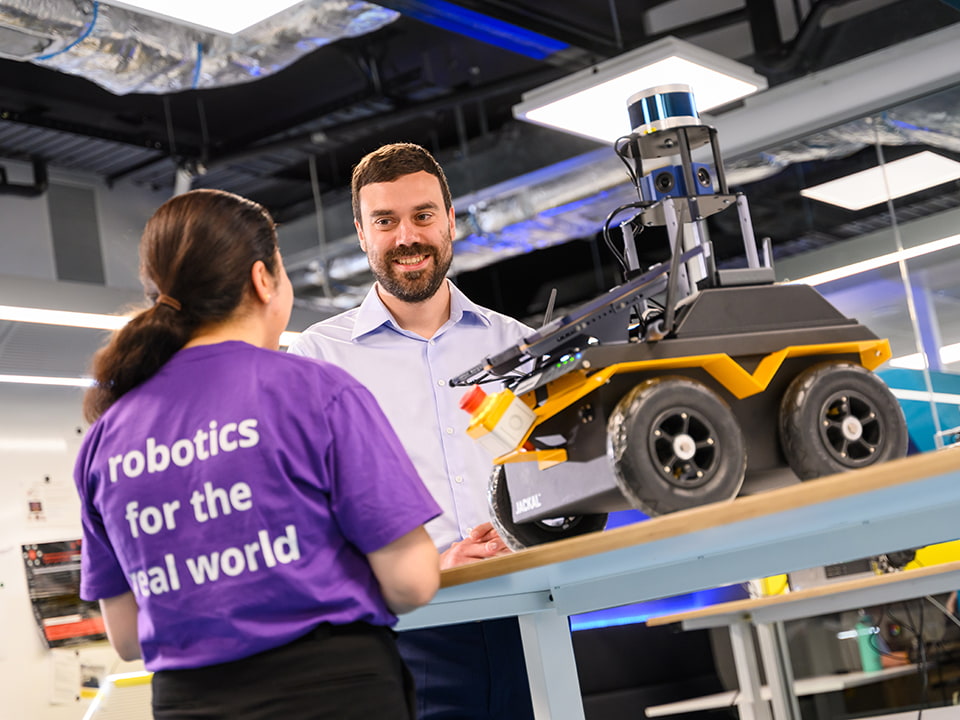
Want to hear more about real robotics?
Robots and other autonomous systems are changing the way we live, work and play.
QUT is focused on developing technology that can be used to improve our understanding and management of the world around us, and benefit humanity.
About the series
QUT is an exciting place, where ideas are generated, questioned, and challenged.
Introducing our new free public speaker series - 'QUT Bold', inspiring curiosity, exploring public debate, and connecting you with the world’s great thinkers.
This is your opportunity to debate big ideas, spark your imagination, and ask questions about the most pressing challenges facing us today.
Each forum features influential thought leaders that span disciplinary, cultural, and global boundaries. With knowledge we can help shape our world and better understand our place within it.
'It is only through interrogating known facts that new discoveries can occur.'
Professor Margaret Sheil AO
QUT Vice Chancellor and President
Past forums
Dr Meganne Christian, Reserve Astronaut with Rebecca Levingston, ABC journalist
Dr Meganne Christian is a Reserve Astronaut and Exploration Commercialisation Lead at the UK Space Agency, and member of the European Space Agency. She holds a PhD in industrial chemistry from the University of New South Wales and previously was a materials scientist at the National Research Council of Italy, investigating innovative materials for alternative energy and space applications.
She has undertaken two missions, including a winter-over, to Concordia Station in Antarctica where she was a research scientist in charge of atmospheric physics and meteorology.
Meganne in conversation explores the future of human impact in space as well as stories from her extraordinary career. This event was a World Science Festival Brisbane debut.
Professor Brian Schmidt AC with Bernie Hobbs, QUT alumnus
Professor Brian Schmidt AC is a scientist working in astronomy and astrophysics during a time of immense change in which researchers have uncovered most of the key elements illuminating our place in the universe.
Brian describes his journey as an astronomer, reflects on what he has learnt along the way, and shares his thoughts on how this connects with our broader place in the universe. Exciting progress in astronomy and astrophysics is shared, as well as what we can expect in the future.
Brian is one of Australia's most eminent scientists, winning the 2011 Nobel Prize in Physics, alongside many other academic awards and distinctions.
Get connected
Register to keep up-to-date on future forums.
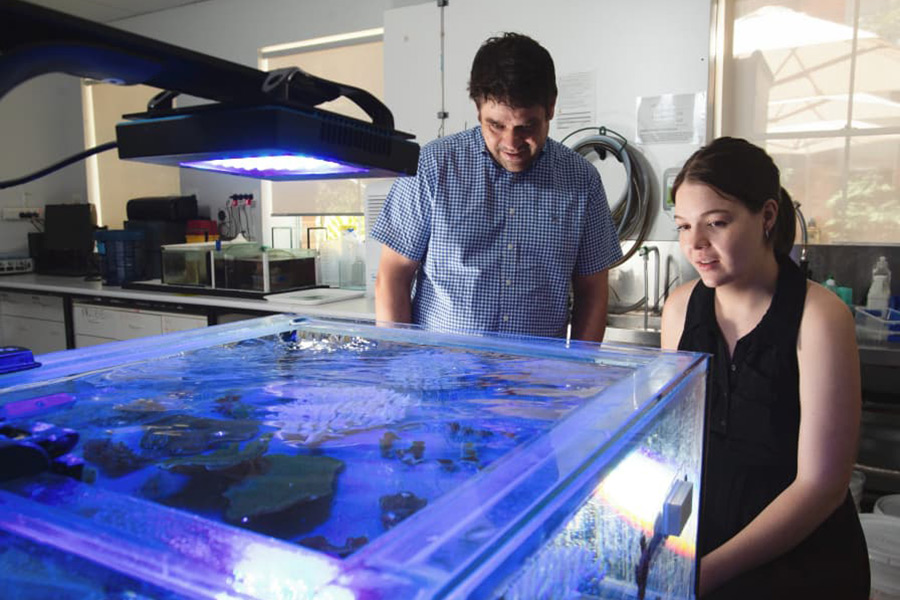
Partner with us
Our researchers engage with community partners, industry and government through partnerships and collaboration, to deliver research outcomes that have real impact.
Find out how we can work together.
